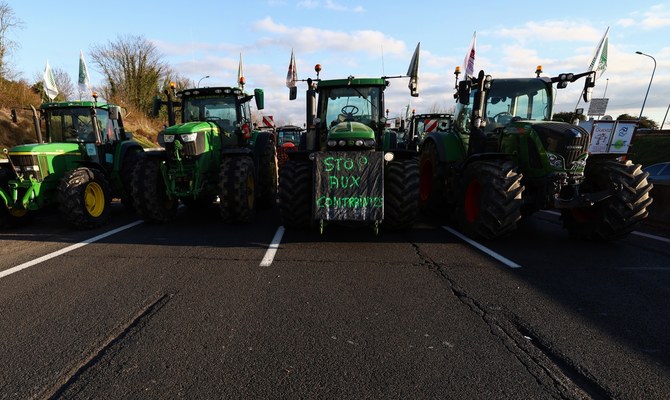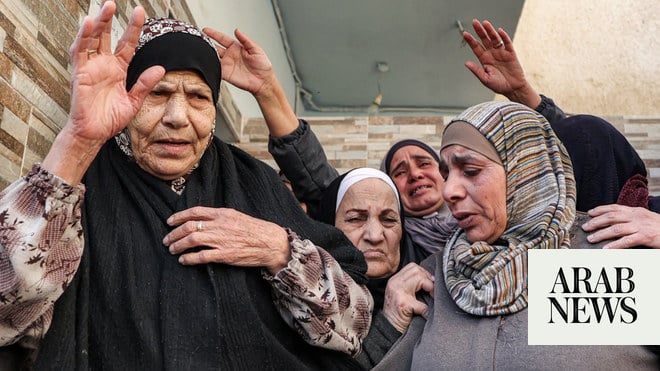
The pledge this week by the Biden administration to donate 80 million doses of coronavirus disease (COVID-19) vaccines by the end of June shows the seriousness with which the US government is taking its growing involvement in the worldwide fight against the pandemic.
The American donation will be made up of 60 million doses of the AstraZeneca vaccine, along with 20 million doses produced by the three American companies of Pfizer, Johnson & Johnson and Moderna. These exports are recognition of the inability of many countries to manufacture vaccines. They are also an admission that current supplies may not be enough.
There are many reasons why the US is enlarging its vaccination campaign beyond its borders. President Joe Biden on Monday stated that America would not be able to protect its own population without also helping the people of other nations acquire immunity against the virus. In addition, there has been more than one appeal for the White House to be more effective in the global effort to distribute vaccine doses.
For instance, Dr. Michelle McMurry-Heath, president and CEO of the Biotechnology Innovation Organization (BIO), this month reacted to the Biden administration’s decision to endorse the waiving of certain intellectual property rights for COVID-19 vaccines by saying: “We are extremely disappointed that the administration has chosen to support waiving critical protections for American ingenuity and to delay the equitable delivery of needed COVID vaccines to people around the globe.” She added: “Handing needy countries a recipe book without the ingredients, safeguards and sizable workforce needed will not help people waiting for the vaccine. Handing them the blueprint to construct a kitchen that — in optimal conditions — can take a year to build will not help us stop the emergence of dangerous new COVID variants. The better alternative would have been to follow through on the president’s pledge just last week to make the United States the world’s ‘arsenal of vaccines.’”
Some vital statistics are essential to understand. As of the middle of May, the US had produced 333 million vaccine doses. However, a meager 3 million had been donated to other countries. In comparison, China had exported 252 million doses (42 percent of its production), the EU had sent abroad 111 million doses (almost a third of its total production) and Russia had exported 27 million doses. At the same time, the US had vaccinated 48 percent of its population, compared to 32 percent in the EU and 9.8 percent in Russia. While the US has faced criticism for acting late to donate COVID-19 vaccine doses, it was important for the country to prioritize saving the lives of its population first and foremost.
There are many ideas the Biden administration should adopt to maximize the benefits of its free supply of vaccines.
Maria Maalouf
There are many ideas the Biden administration should adopt to maximize the benefits of its free supply of vaccines to other countries. There has to be quick reference to the Food and Drug Administration to resolve any potential failure of the immunization plan in any country, should this happen for whatever reason. There also has to be a good line of communication between Biden and the leaders of the countries that receive free vaccine doses from America. The message here is to tell them not to determine the dissemination of the vaccine to their population based on any racial, economic, regional or religious bias. Thirdly, the Biden administration should encourage the nonprofit sector in the US to identify and cooperate with nongovernmental social, political and economic organizations in the donor countries to utilize their resources and make sure that the vaccination program is both accessible and successful. The creation of such an office in the White House is necessary.
In conclusion, while many countries will be indebted to the US for giving them these medical doses, the American government has to reach out to more poor and deprived people around the world to ensure they get vital vaccines against COVID-19 and also any other similar diseases in the future.
Maria Maalouf is a Lebanese journalist, broadcaster, publisher, and writer. She holds an MA in political sociology from the University of Lyon. Twitter: @bilarakib
Disclaimer: Views expressed by writers in this section are their own and do not necessarily reflect Arab News" point-of-view












